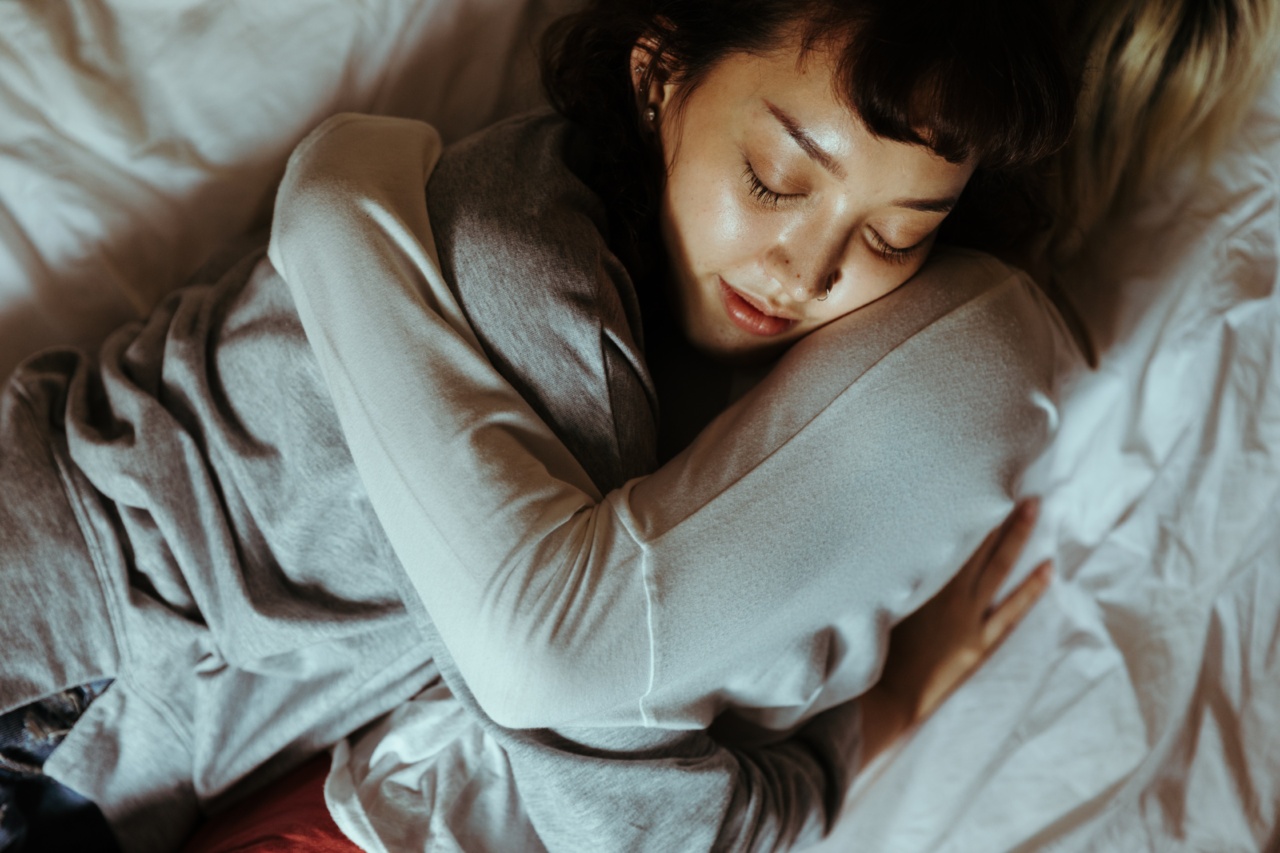Sleeping together in one bed has been a traditional fixture of Western culture for many years. Still, many people are now opting to sleep in separate beds for various reasons.
For many couples, the question of whether or not to sleep in separate beds is a matter of personal preference and sleep habits. While some couples feel that sleeping together is an essential aspect of intimacy and closeness, others feel that separate beds are necessary for a good night’s rest.
Whether or not couples should sleep in separate beds depends entirely on the couple’s unique needs and preferences.
Reasons for Separate Beds
One of the primary reasons couples opt for separate beds is if one or both partners has a sleep disorder, such as snoring, sleep apnea, or restless leg syndrome.
Often, one partner’s sleeping disorder can significantly affect the other partner’s sleep quality. Therefore, the couple may opt to sleep in separate beds to ensure that both can get a good night’s rest. Additionally, as people age, their sleep patterns can change, making it more challenging to sleep together in one bed.
Different mattress preferences or sensitivity to movement can also be reasons for separate beds.
The Pros of Separate Beds
One of the biggest advantages of sleeping in separate beds is better sleep quality. When partners have different sleeping habits, sleeping in separate beds can significantly improve both partners’ sleep quality.
Snoring can be one of the leading factors that disrupt sleep quality for couples. Sleeping in separate beds can eliminate any snoring disturbance to the partner’s sleep. Additionally, partners that toss and turn or struggle to find a comfortable position can equally benefit from separate beds.
Another advantage of sleeping in separate beds is having the freedom to adjust the bed to your comfort level without worrying about disturbing your partner. Lastly, for couples with children, having separate beds can reduce the chances of waking up the children, which can be highly beneficial for busy parents.
The Cons of Separate Beds
The disadvantage of sleeping in separate beds is a lack of intimacy. Sleeping together is an important aspect of many relationships, allowing for shared experiences and intimacy.
Additionally, separate beds can lead to feelings of estrangement or a lack of connectedness between partners. However, couples that discuss their needs and concerns openly can overcome these potential drawbacks.
The Compromise of Separate Spaces
When couples opt to sleep in separate beds, it does not mean the end of intimacy or physical closeness. Rather than sleeping in separate beds, they can opt for separate sleeping spaces.
For example, one partner may choose to sleep on a couch or recliner in the same room while the other one sleeps in the bed. This compromise allows for still having the closeness of sleeping together but without the negative effects on sleep quality.
Other options include having a wall or partition between separate beds or choosing to share a blanket while sleeping on different mattresses.
Factors to Consider
There are various factors that couples should consider before deciding to sleep in separate beds or spaces. These include:.
- Sleep habits and patterns.
- The partner’s sleep disorders, such as snoring or sleep apnea.
- The couple’s physical and medical needs, such as tossing and turning or pregnancy.
- The type of mattress and bedding required for comfortable sleep.
- The importance of intimacy and physical closeness in the relationship.
- The impact of having separate sleeping arrangements on children or family members.
Conclusion
There is no one-size-fits-all answer when it comes to whether couples should sleep in separate beds. It is a matter of personal preference and consideration of individual sleep needs.
Some couples may find that separate beds or spaces are necessary for a good night’s rest and improved quality of life. Others may find that it leads to a lack of intimacy and close connection. In the end, communication between partners is key. Couples should discuss their needs, preferences, and concerns honestly to find a solution that works best for both partners.






























